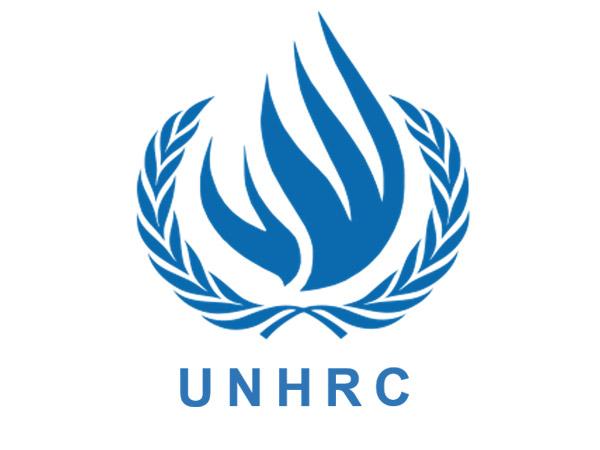
In September 2025, the United Nations Human Rights Office released a crucial report that provides a comprehensive legal analysis of Israel's conduct in Gaza. This report offers an in-depth examination of the complexities surrounding the ongoing conflict, examining not only the actions taken by Israeli forces but also the broader human rights implications for the Palestinian population. By addressing the legal standards applicable in conflict situations, the report seeks to shed light on accountability mechanisms and the protection of civilian lives amidst sustained hostilities.
The findings of the United Nations Human Rights Office's September 2025 report are significant for understanding the violence that has persisted in the region. The analysis reveals critical insights into potential violations of international law and highlights the urgent need for protective measures to uphold human rights for all individuals within Gaza. As we delve into the key points and human rights concerns raised in this landmark document, it becomes clear that the implications of these findings extend far beyond legal theory; they call for immediate and meaningful action to address the ongoing humanitarian crisis.
Overview of the United Nations Human Rights Office report from September 2025
In September 2025, the United Nations Human Rights Office published a significant report that conducted a thorough legal analysis of Israel's conduct in Gaza. This report emerged from growing concerns over human rights violations amidst ongoing conflicts in the region. The UN aimed to provide a comprehensive assessment of the situation, focusing on the implications of Israel's military actions and policies on the civilian population in Gaza. By compiling evidence from various sources, including eyewitness accounts, expert testimony, and legal frameworks, the UN sought to clarify the legal responsibilities of Israel under international human rights law.
The September 2025 report stands out for its meticulous approach to documenting potential breaches of international norms. The UN Human Rights Office employed a multidisciplinary framework, utilizing legal principles, humanitarian guidelines, and historical context to inform its analysis. This report not only evaluates Israel's actions but also seeks to highlight the broader implications for human rights within the region. By addressing the root causes of the conflict and examining the response of various actors involved, the report aims to enhance understanding and foster accountability in the pursuit of justice for victims in Gaza.
Key findings of the legal analysis of Israel's conduct in Gaza
In the United Nations Human Rights Office report from September 2025, the legal analysis of Israel’s conduct in Gaza revealed several critical findings. The report underscored instances where Israeli military operations may have violated international humanitarian law. It emphasized the disproportionate impact of airstrikes on civilian infrastructure, including homes, schools, and hospitals. The context of these actions illustrates a troubling pattern, as the report presents evidence suggesting that these strikes often lacked sufficient justification under the principles of proportionality and distinction, which are essential in armed conflict.
Furthermore, the report highlighted the legal obligations of Israel as an occupying power, stressing that it must ensure the protection and welfare of the civilian population in Gaza. The legal analysis assessed various military tactics and strategies employed by Israeli forces and concluded that certain actions could constitute war crimes. By providing detailed case studies and testimonies from affected civilians, the report presents a compelling narrative that questions the legality of Israel's military operations in densely populated areas. This comprehensive evaluation raises serious concerns about compliance with not only international humanitarian law but also with established human rights norms.
Human rights implications spotlighted in the September 2025 report
The September 2025 report from the United Nations Human Rights Office highlights significant human rights implications stemming from Israel's conduct in Gaza. The report outlines various violations that affect the daily lives of Palestinian civilians, including the use of excessive force, arbitrary detentions, and impediments to access essential services such as healthcare and education. The human rights office asserts that these actions not only infringe upon the rights of individuals but also contribute to a broader pattern of systematic oppression. The consequences of such violations manifest in deteriorating living conditions, escalating tension, and a profound sense of insecurity among Gaza's population.
Moreover, the report emphasizes the urgent need for accountability and remedial measures to address these human rights violations. The findings call upon the international community to take decisive action, urging states to uphold their obligations under international law and consider the ramifications of inaction. The United Nations Human Rights Office underscores the critical importance of supporting Palestinian rights and ensuring that those responsible for human rights abuses are held accountable. This report serves as a clarion call to both policymakers and civil society, prompting conversations about justice, reconciliation, and the necessity for durable peace in the region.